The Science Behind Hair Loss: Causes and Solutions | |
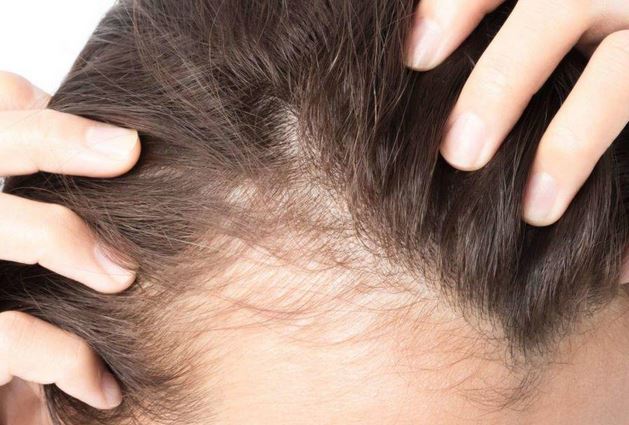
| |
Hair loss can be a distressing experience for both men and women. Understanding the underlying causes of hair loss is the first step towards finding effective solutions. In this article, we will explore the science behind hair loss, discussing the various causes and providing potential solutions to help you combat this common issue. By delving into the science, we can gain a deeper understanding of hair loss and make informed decisions about our hair care routines. 1. The Hair Growth CycleBefore exploring the causes of hair loss, it is important to understand the hair growth cycle. Hair goes through three main phases: the anagen (growth) phase, the catagen (transition) phase, and the telogen (resting) phase. Each hair strand follows its own cycle, which is why we constantly shed and regrow hair. Disruptions to this cycle can lead to hair loss. 2. Common Causes of Hair LossHair loss can occur due to a variety of factors, including genetics, hormonal imbalances, medical conditions, medications, and external factors. Understanding these causes can help identify the most appropriate solutions. 3. Male Pattern BaldnessMale pattern baldness, also known as androgenetic alopecia, is the most common cause of hair loss in men. It is primarily influenced by genetic factors and hormone levels, particularly the hormone dihydrotestosterone (DHT). DHT gradually miniaturizes hair follicles, leading to thinner and shorter hair strands. 4. Female Pattern Hair LossFemale pattern hair loss is similar to male pattern baldness but typically manifests differently in women. It is characterized by thinning hair on the crown and widening of the center part. Hormonal imbalances, genetic factors, and aging contribute to female pattern hair loss. 5. Telogen EffluviumTelogen effluvium is a form of temporary hair loss that occurs due to significant stress, hormonal changes, nutritional deficiencies, illness, or medication. During this condition, an increased number of hair follicles enter the resting phase, resulting in excessive shedding. 6. Alopecia AreataAlopecia areata is an autoimmune condition in which the immune system mistakenly attacks the hair follicles, leading to hair loss. It often manifests as round patches of hair loss on the scalp but can also affect other areas of the body. 7. Scalp Conditions and Hair LossCertain scalp conditions, such as scalp psoriasis, seborrheic dermatitis, and fungal infections, can cause hair loss. These conditions disrupt the normal functioning of the scalp and hair follicles, leading to inflammation and hair shedding. 8. Nutritional Deficiencies and Hair LossNutritional deficiencies, particularly deficiencies in iron, zinc, vitamin D, and B vitamins, can contribute to hair loss. These nutrients play essential roles in hair follicle function and overall hair health. 9. Stress and Hair LossExcessive physical or emotional stress can disrupt the hair growth cycle, leading to temporary hair loss. Stress can trigger telogen effluvium or exacerbate existing hair loss conditions. 10. Solutions for Hair LossSeveral solutions exist for addressing hair loss, depending on the underlying cause. These can include medications, topical treatments, lifestyle modifications, and hair transplant procedures. It is important to consult with a healthcare professional or dermatologist to determine the most suitable treatment approach for your specific condition. ConclusionUnderstanding the science behind hair loss empowers us to take proactive steps in managing and treating this common condition. By identifying the underlying causes and exploring appropriate solutions, we can work towards maintaining a healthy scalp and promoting hair growth. Remember, seeking professional guidance is crucial in developing a personalized hair care plan that addresses your unique needs. FAQs (Frequently Asked Questions)
| |
| Category: Hair Care | |
| Total comments: 0 | |
 |
| The art of layering in fashion |
 |
| Choosing the Right Makeup for a Daytime Office Look |
 |
| How to create a stylish and functional workspace |
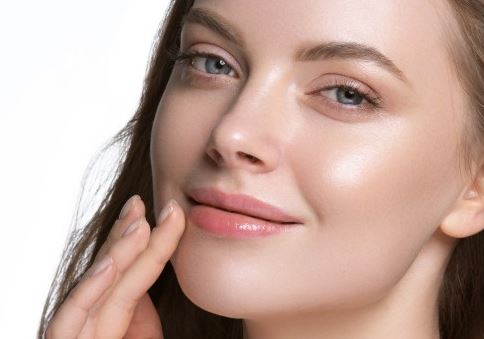 |
| How to Create a Natural Makeup Look in 10 Minutes |
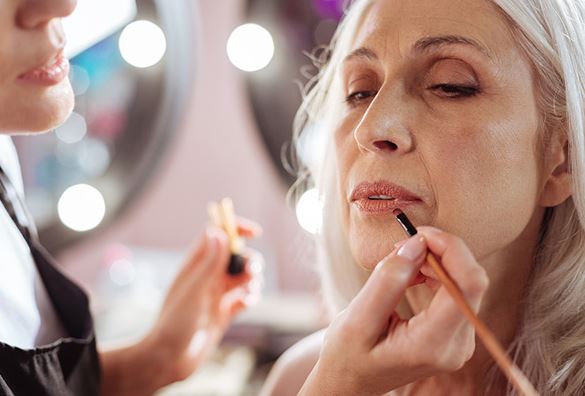 |
| Tips for Applying Makeup on Mature Skin |
 |
| Natural Remedies for Dry and Damaged Hair |
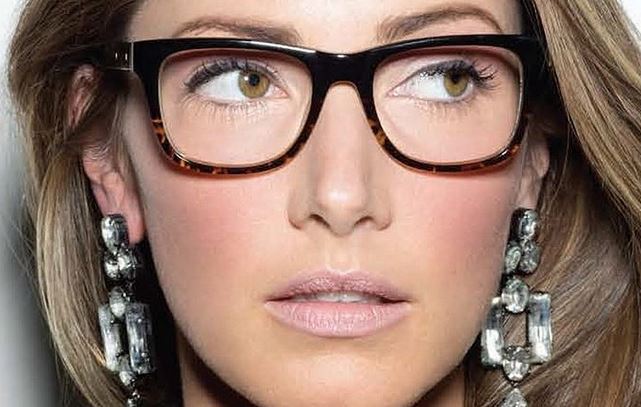 |
| 5 Makeup Tips for Glasses Wearers |
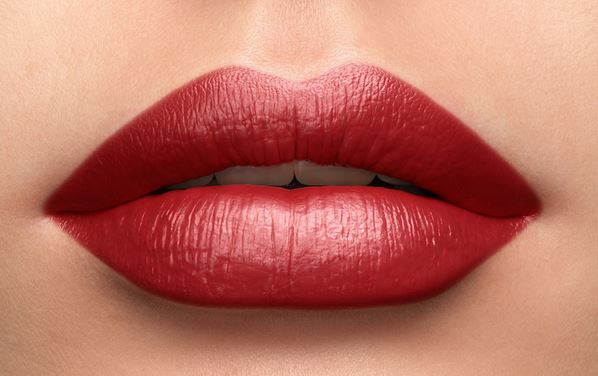 |
| Experimenting with Bold Lip Colors |
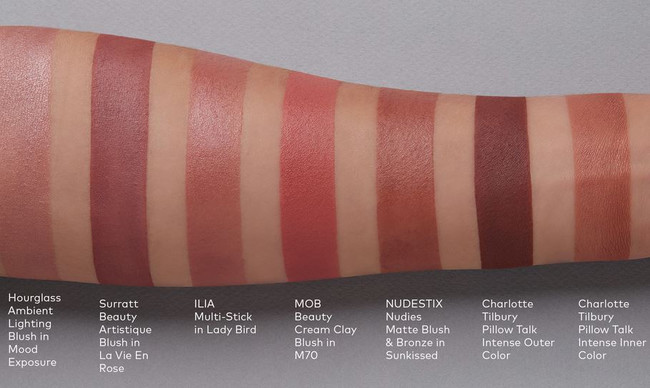 |
| The Best Blush Shades for Different Skin Tones |
